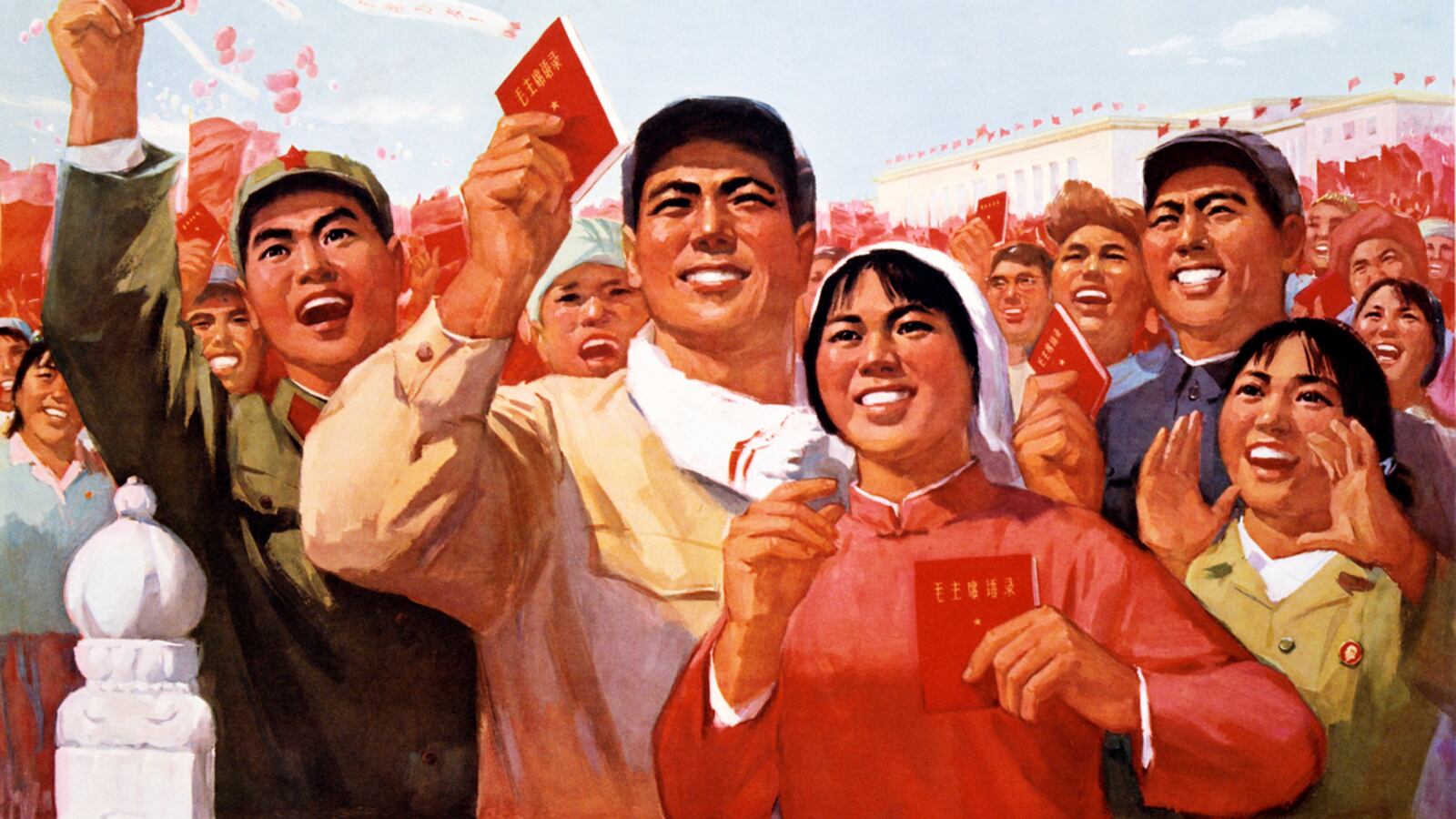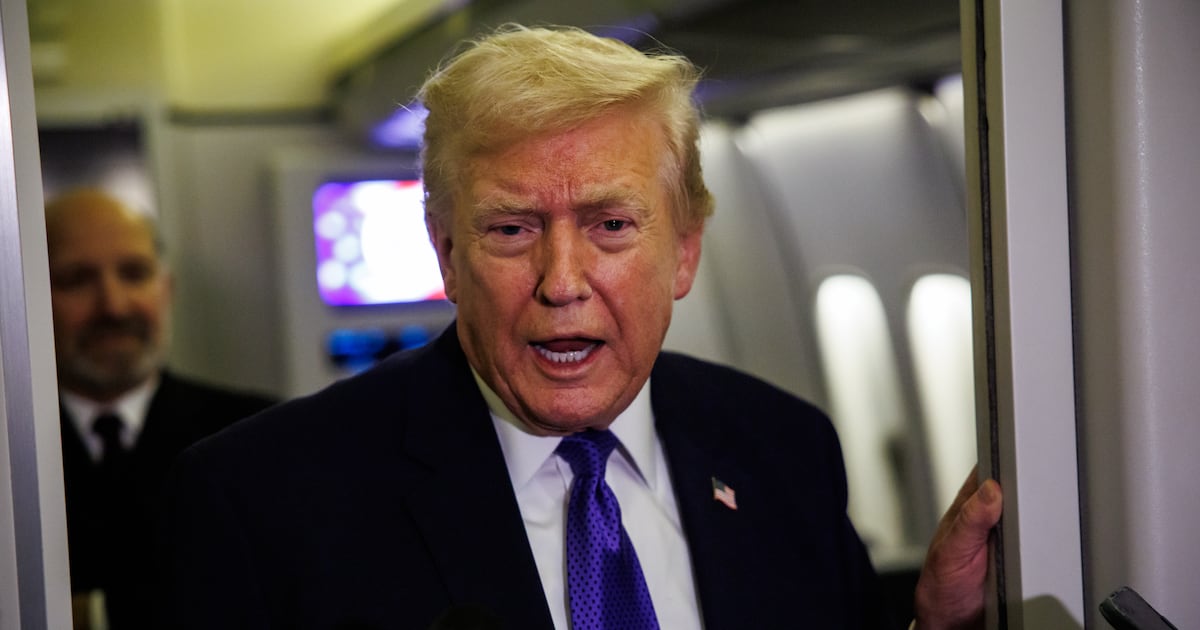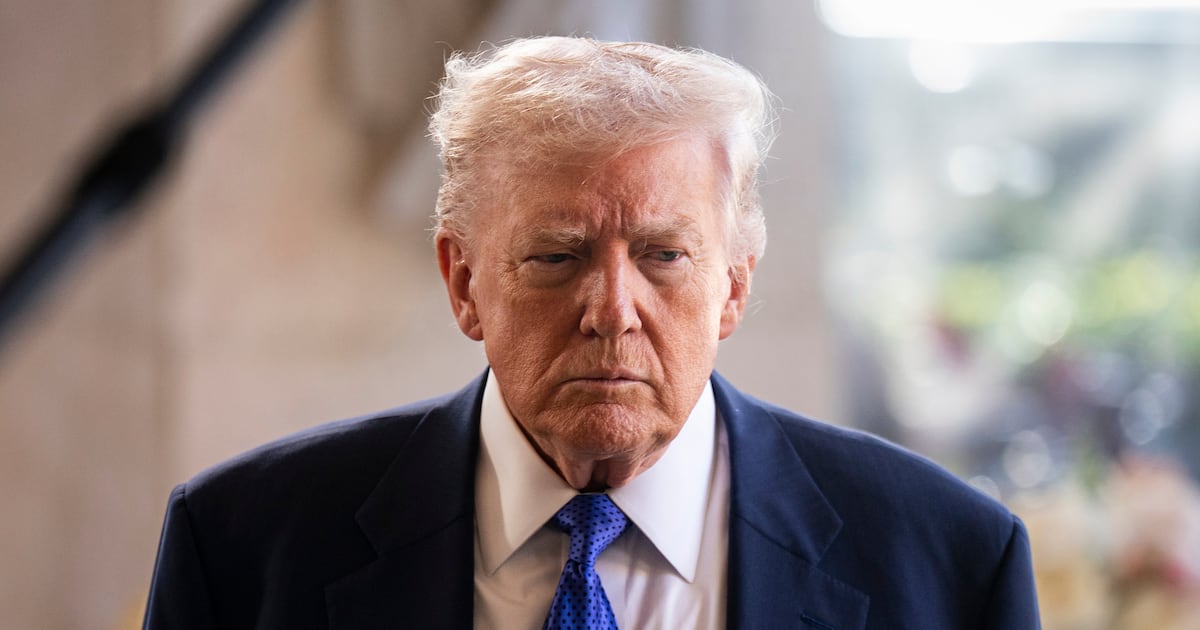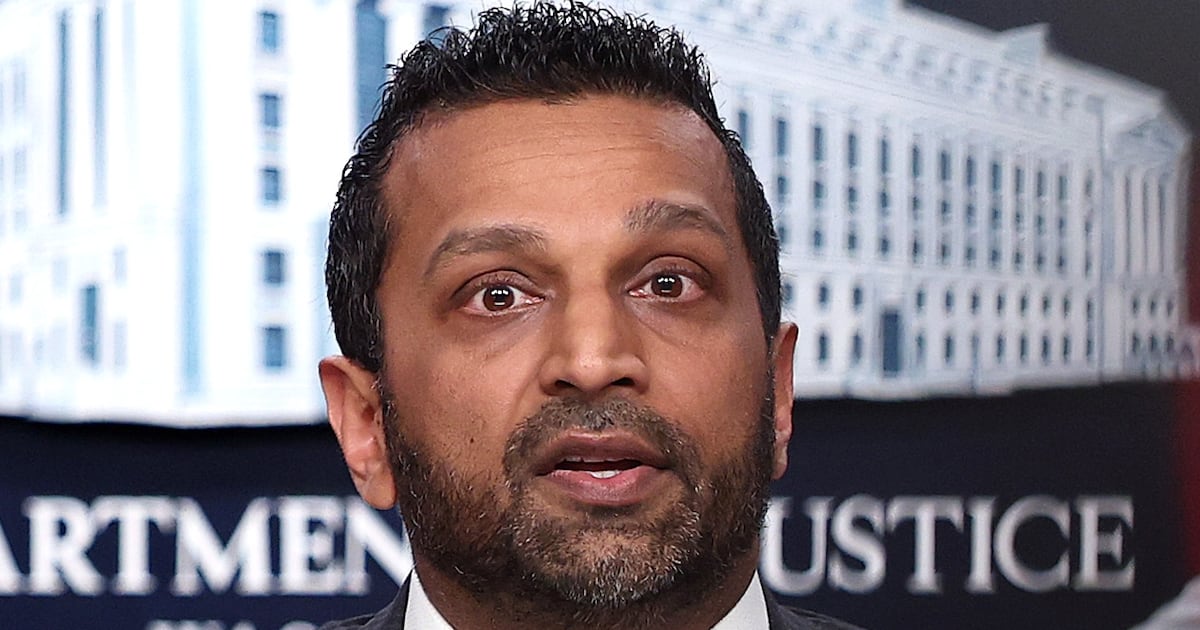To celebrate the 90th birthday of China’s communist party, the country’s rulers prepared in their own inimitable way: they “released” a couple of token political prisoners, even as they continued their relentless assault on human rights. Just nine days ahead of the July 1 festivities, they sent dissident artist Ai Weiwei home, having locked him up for 11 weeks. He was ordered not to talk to the press or leave Beijing, and the regime sent him a bill for some $2 million in back taxes and penalties for his alleged crime of tax evasion.
But at least he was freed—which, not coincidentally, may have given Premier Wen Jiabao a somewhat friendlier welcome in Europe than he might otherwise have received when he landed there two days later for a five-day visit. Although the Chinese Foreign Ministry said Ai was released because he had shown a “good attitude in confessing his crimes” and because he suffered from an undisclosed “chronic disease,” many believe that international pressure played a major role in his release. “I think the Chinese politicians had not been aware of the worldwide popularity of Ai Weiwei,” a European ambassador to China told Newsweek, requesting anonymity.
Beijing wasn’t done making minimalist gestures. Four days after letting Ai go, the authorities released the ailing 37-year-old activist Hu Jia, on completion of a 3 1/2 –year sentence for “subversion.” He was detained in December 2007, shortly after testifying on human-rights issues to European Union parliamentarians via videoconference, while under house arrest. The recipient of the European Parliament’s 2008 Sakharov Prize for Freedom of Thought, he is once again under house arrest, with police guards posted at the door to his home.

In many ways China’s human-rights situation is actually getting worse, not better. One especially alarming trend is the government’s uncompromising campaign to hobble the country’s lawyers, as documented in an Amnesty International report just released in Hong Kong. Over the past 18 months, the regime has intensified its efforts to impede lawyers from providing legal assistance to ordinary citizens. “It’s really an assault on rule of law,” says Catherine Baber, Amnesty’s Asia Pacific deputy director. “Authorities have used active measures to ensure legal avenues have been denied to a large number of people.”
The current crackdown is widely regarded as the worst since soldiers opened fire on demonstrators near Tiananmen Square in June 1989—and the public’s legal defenders have been among the main targets. Amnesty’s report, titled "Against the law—Crackdown on China’s Human Rights Lawyers Deepens," describes how the regime has tightened its grip on the country’s legal professionals. Not content with imposing new licensing regulations and other red tape, authorities are also using imprisonment, extrajudicial disappearances, and torture. One lawyer was taken into custody 78 times. The report says enforced disappearances—like that of human-rights attorney Gao Zhisheng, whose whereabouts have been unknown for more than a year—have become the "ultimate silencing technique," with victims "just vanishing into legal limbo." This year alone, Amnesty estimates, six lawyers have been forcibly disappeared for at least two weeks since dictatorships in Tunisia and Egypt were toppled by protesters.
Still more disturbing are the report’s accounts of physical abuse. One of the most extreme cases is that of Ni Yulan, a lawyer who was arrested and tortured repeatedly after she took up the cases of citizens who had been forcibly evicted from their homes to make way for construction projects in the run-up to Beijing’s 2008 Olympics. Her own home was demolished, and she was beaten so badly while in custody that she needed crutches to walk. Deprived of them while in jail, she had to crawl up and down stairs, even to the toilet. The report quotes her description of undergoing torture: "I heard my bones crack. It was so painful my mind went blank." Released in 2010, she was detained again in April, and was formally charged the next month with "picking quarrels and provoking trouble."
Under such circumstances, people like Ai can only hope things get no worse. Although one condition of his release was that he give no media interviews about his detention for the next year, details are beginning to trickle out. The artist Li Yefu, a friend of Ai’s, told the Oriental Daily News of Hong Kong that Ai was confined in a space of roughly 100 square feet, which he likened to a medieval dungeon. During his captivity Ai paced so incessantly that by the time he got out, after 81 days, he had lost an estimated 26 pounds.Two days after his release, Ai talked of his future plans for the first time in a phone interview with The Daily Beast. Carefully avoiding any mention of his time in jail, he said he had been given permission to work on his art. He had been visibly fatigued on the night of his release, but he became animated on the phone, speaking of his upcoming projects. He was particularly excited about curating South Korea’s fourth Gwangju Design Biennale, in a city famous for its massive 1980 prodemocracy uprising against the country’s military dictatorship. "It's really focused on a new way of thinking,” Ai said of the biennale. “We're in a new era. Our way of understanding ourselves is very different." He’ll have to send someone to Gwangju in his place, of course, since he’s forbidden to leave Beijing. The Chinese government remains determinedly stuck in its old way of thinking—and ruling.







